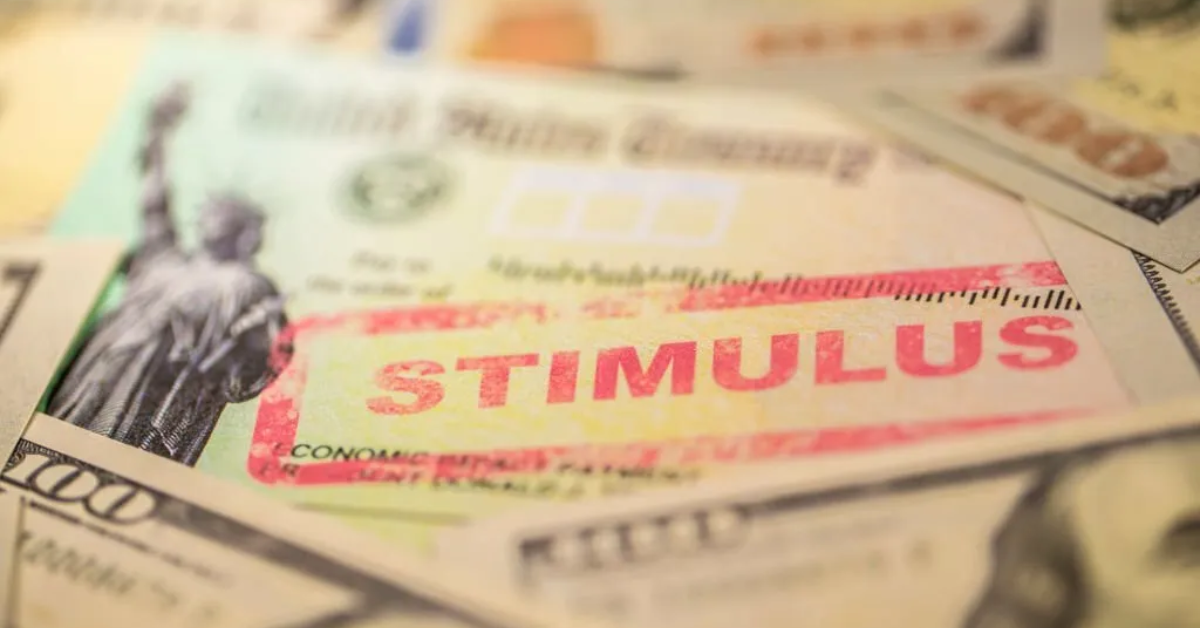Filing taxes can be a tricky process, especially when tax laws change unexpectedly, or special programs are introduced. The COVID-19 pandemic brought about such a situation, with the government rolling out three rounds of Economic Impact Payments (EIPs), commonly known as stimulus checks. These payments, which helped millions of Americans, corresponded to the years 2020 and 2021.
For the most part, taxpayers received their stimulus payments automatically after they were approved, as they were essentially advance tax credits for the specific fiscal year. However, there were individuals who didn’t receive their payments, usually because they hadn’t filed a tax return in 2019 or were new to the tax system. Fortunately, these individuals were able to claim their stimulus payments when filing their tax returns for the fiscal year.
However, some eligible Americans missed out on this opportunity and never received the funds. But there’s good news! The IRS is now taking steps to rectify the situation. The agency has begun sending out $1,400 stimulus checks to eligible individuals who missed claiming the payments.
$1,400 Stimulus Checks to Arrive by January
In December, the IRS announced that after reviewing its records, it identified a million taxpayers who were owed a total of $2.4 billion in third EIP funds. These funds, which amount to up to $1,400 for every qualifying individual, had not been claimed by these taxpayers.
If you filed a 2021 tax return but didn’t claim the stimulus payment through the Recovery Rebate Credit, there is no need to take any further action. The IRS is making the payments automatic. This means you won’t have to go through the lengthy process of filing an amended return to receive your payment.
IRS Commissioner Danny Werfel explained, “To minimize headaches and get this money to eligible taxpayers, we’re making these payments automatic, meaning these people will not be required to go through the extensive process of filing an amended return to receive it.”
For those who use direct deposit with the IRS, most of the payments are expected to arrive by the end of January. For those who don’t have direct deposit, payments will be issued as paper checks, which may take a little longer to reach recipients.
What If You Didn’t File a 2021 Tax Return?
If you didn’t file a tax return for the 2021 fiscal year but you meet the eligibility requirements, you still have a chance to claim the $1,400 stimulus payment. However, you must act quickly. The deadline to file a 2021 tax return and claim the Recovery Rebate Credit is April 15, 2025.
The IRS states that the payments can vary depending on several factors, but the maximum payment you could receive is $1,400 per individual.
In addition to the Recovery Rebate Credit, you may be eligible for other tax credits for 2021. For instance, if you had a child or children who were 17 or younger at the end of 2021, you might qualify for the expanded Child Tax Credit.
How Can You Find Out If You’ll Receive a $1,400 Stimulus Check?
Wondering if you are eligible for the automatic $1,400 stimulus check? A quick way to find out is by checking your 2021 tax return. The IRS recommends that you keep records for at least three years from the date you filed your original return or two years from the date you paid the tax, whichever is later, if you are filing a claim for credit or a refund.
You can also check your tax records online using your ID.me account. If you don’t have one, it might be a good idea to create one. Not only can you view your tax records, but ID.me can also be used to access your Social Security information and protect your digital identity across multiple websites, ensuring that no one is impersonating you online.
Disclaimer: This article has been meticulously fact-checked by our team to ensure accuracy and uphold transparency. We strive to deliver trustworthy and dependable content to our readers.

